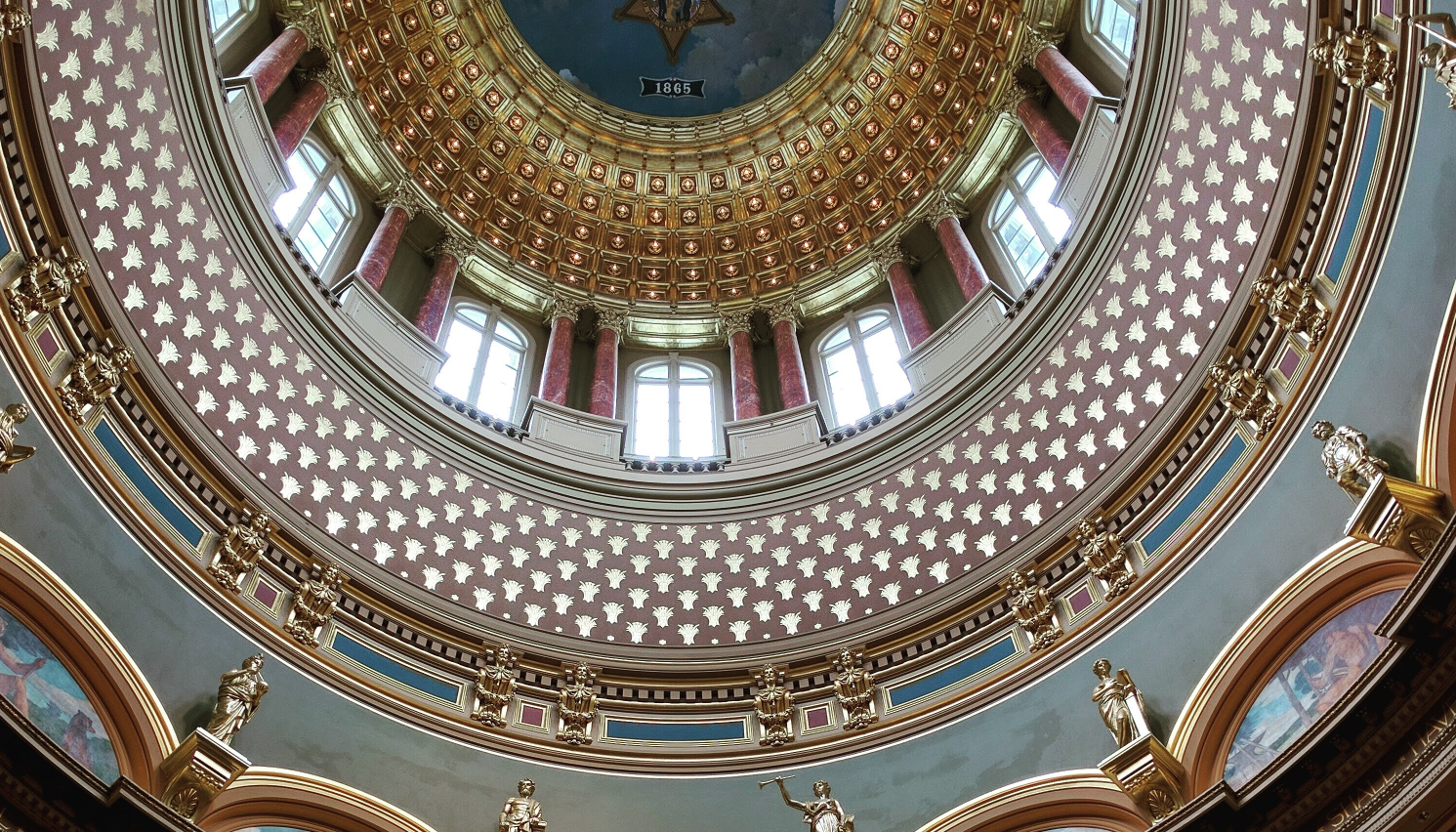Steve Wilke-Shapiro, a Des Moines-based architect with a passion for historic preservation and sustainable development, shares how Donald Trump’s victory has divided the community of architects. -promoted by desmoinesdem
Architecture is an odd profession. We fancy ourselves as masters of a universe where the smallest details (the edge around a door frame, for example) have meaning. We talk to each other about Design as if buildings themselves were sentient: “I don’t think that window wants to stretch all the way up to the ceiling.”
We don’t do this to be elitist and self-absorbed, though many an architect has been justly accused of nurturing an overdeveloped ego. Rather, we honestly believe in design as a tool for enhancing the human experience. We have the privilege of influencing the disposition of huge amounts of capital and human energy. We believe that through design, we can be agents of positive social change.
To some extent, the architect is by definition “progressive.” Our job is to alter the world, to imagine things that have never been and then describe them to others so that those things can be made real. There is an element of hope in every line we draw that our work will change the world for the better, and a sense of value in discharging this responsibility.
Yet architecture is also a conservative venture. There is a huge weight in the fact that our decisions have broad implications for our clients, our businesses, our reputations. Our creativity is circumscribed by a framework of building codes, financial, and logistical constraints. Despite our best efforts to fight these forces of inertia, there are tangible negative effects. We are as a profession too accepting of mediocre design (it pays the bills). Our leadership is measurably whiter than the American population as a whole, and primarily male. The “entry fee” to become an architect requires substantial investment in education followed by arduous and expensive licensing hurdles, both of which tend to favor people with middle- to upper-income resources. These qualities breed a resistance to institutional change.
Architecture is also highly sensitive to cycles largely outside our control: economic, environmental, and social. This season however, it is of course politics, not design that has driven a wedge into the profession.

